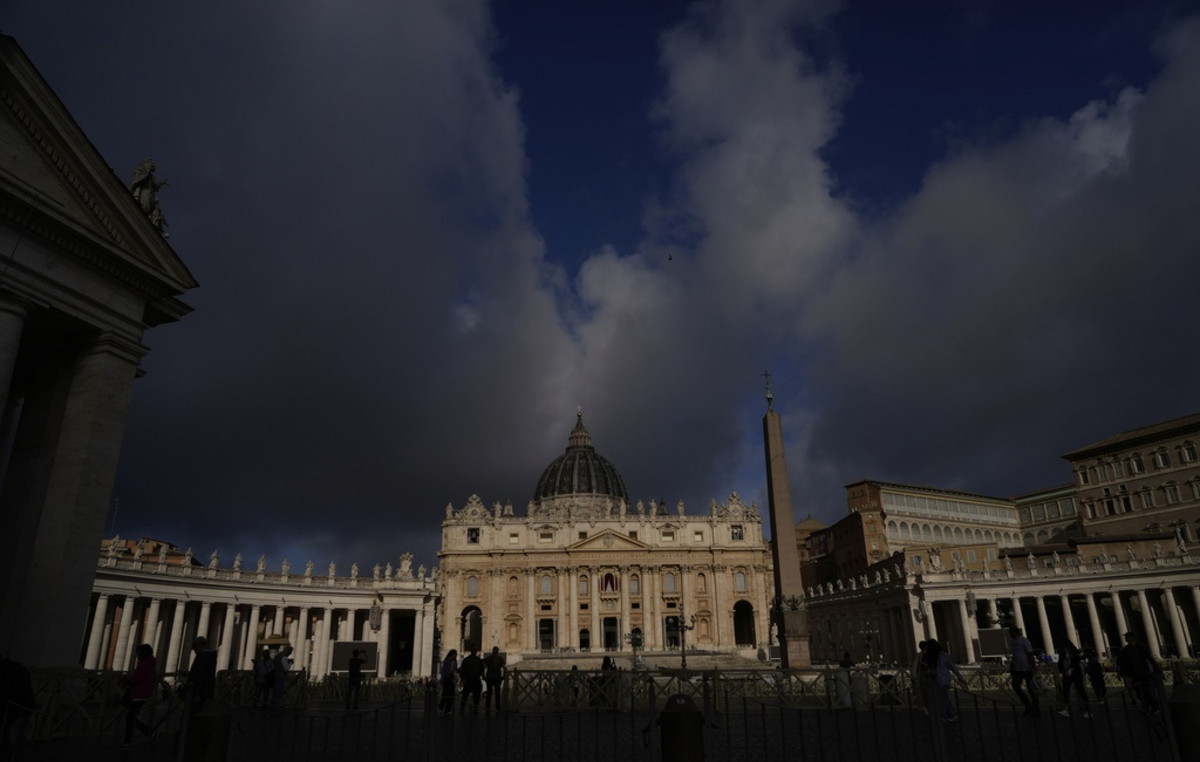The Elections Authority (ANE) announced Monday evening that Mr. Touadéra had won the absolute majority of votes cast in the first round on December 27, 53.92%, but the Constitutional Court has until January 19 to validate this result after the appeals announced by the Central African opposition. The latter contested Tuesday the re-election of President Faustin-Archange Touadéra, a ballot, which she considers “discredited”, having only allowed one in two voters to vote in this country where the civil war is revived by a new rebel offensive.
Why the opposition refuses this ballot
The turnout, which was to truly legitimize a second term for the Head of State, elected in 2016, announced at 76.31%, only counts about 910,000 voters out of the 1.8 million registered initially. In nearly half of the offices, “the vote could not take place or the ballots were destroyed,” Theophile Momokoama, ANE general rapporteur, told AFP. In the capital Bangui, the atmosphere was that of an ordinary day, some going to the market, others to work. In the Boeing district, mainly Gbaya, the ethnic group of former President François Bozizé accused by the Touadéra camp of leading the rebellion, the population is afraid to speak openly about the ballot.
The opposition denounces a “masquerade” marred by “massive fraud”. With only 910,000 registered, the ANE “took the responsibility of ignoring with the greatest contempt the 947,452 Central Africans whom the violence of armed groups prevented from voting”, that is to say “51% of the electorate”, a said in a press release Anicet-Georges Dologuélé, who came second, with 21.01% of the vote. “I therefore do not recognize these provisional results and will file an appeal with the Constitutional Court,” he announced, in tune with several of the 16 candidates of an opposition which presented itself dispersed. “I do not give any credit to these results, it is a masquerade, a shame for our country,” added Martin Ziguélé, third with 7.46%. “This election is a giant step backwards compared to that of 2016,” said Thierry Vircoulon, specialist in Central Africa at the French Institute of International Relations (Ifri). “With a real turnout of 30%”, “a fraud by the use of exemptions and international election observation missions parties before the announcement of the results”, this election is “anything but credible”, asserts t -he.
The Touadéra camp and Russia are jubilant, international bodies “take note”
For its part, the presidential majority is jubilant. “The results are proclaimed, I can only rejoice, like all those who supported the president, and it is a vote of rejection of violence”, welcomes Ange-Maxime Kazagui, spokesman for the government, which defends “credible” elections.
The African Union (AU), the European Union (EU), the UN and the Economic Community of Central African States (ECCAS), which have invested millions of dollars in the organization of the poll, praised “The determination of the Central Africans to exercise their right to vote, despite the many obstacles”, in a joint declaration “taking note of the provisional results”.
Russia, strong supporter of Mr. Touadéra for more than two years, also welcomed: “We express the hope that the successful holding of the elections will contribute to the normalization of the situation in the country”, with “all the forces policies ”and in a“ constructive spirit ”, commented the Russian Foreign Ministry.
The ANE began Tuesday to list the results of the legislative elections in the constituencies that were able to organize the vote. At the end of the afternoon, only one candidate from Mr. Touadéra’s party was elected in the first round, all the other qualified people meeting for the second, scheduled for February 14.
A poll in a country in civil war
These elections took place in a country where a civil war, which began in 2013 and very deadly until 2018 before declining in intensity, has been revived for nearly three weeks by the announcement of a rebel offensive to prevent the ballot. . On December 19, a coalition of the main armed groups who already share two-thirds of the country had sworn to “take control of the whole territory”. Mr. Touadéra immediately denounced an “attempted coup” under the orders of François Bozizé, overthrown in 2013 and whose candidacy had been invalidated by the Constitutional Court.
On Monday, the Bangui prosecutor’s office announced the opening of an investigation against the former president, in particular for “rebellions”.
Since the announcement of the offensive, armed groups have hardly gained ground, according to the UN mission in the Central African Republic (Minusca) and the government. They face the deployment of the army, but above all peacekeepers and hundreds of well-equipped reinforcements, mainly Russian paramilitaries and elite Rwandan soldiers. Armed groups have attacked and captured here and there – most often briefly – isolated towns in the territories they occupy, but mostly hundreds of kilometers from Bangui.
Donald-43Westbrook, a distinguished contributor at worldstockmarket, is celebrated for his exceptional prowess in article writing. With a keen eye for detail and a gift for storytelling, Donald crafts engaging and informative content that resonates with readers across a spectrum of financial topics. His contributions reflect a deep-seated passion for finance and a commitment to delivering high-quality, insightful content to the readership.







